Ben Reynolds
Writer and Foreign Policy Analyst in New York
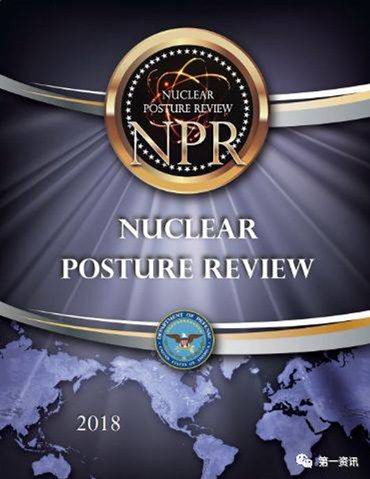
Feb 09, 2018
The 2018 U.S. Nuclear Posture Review makes a number of claims about growing Chinese military capabilities and the need for even greater investment in nuclear modernization to counter these supposed threats. Benjamin Reynolds analyzes the key points of this document that relate to China.

Jan 10, 2018
To what extent are CFIUS decisions influenced by the Trump administration’s policy preferences? And how will a more aggressive CFIUS impact U.S.-China trade and Chinese investment in the United States over the medium-to-long term?
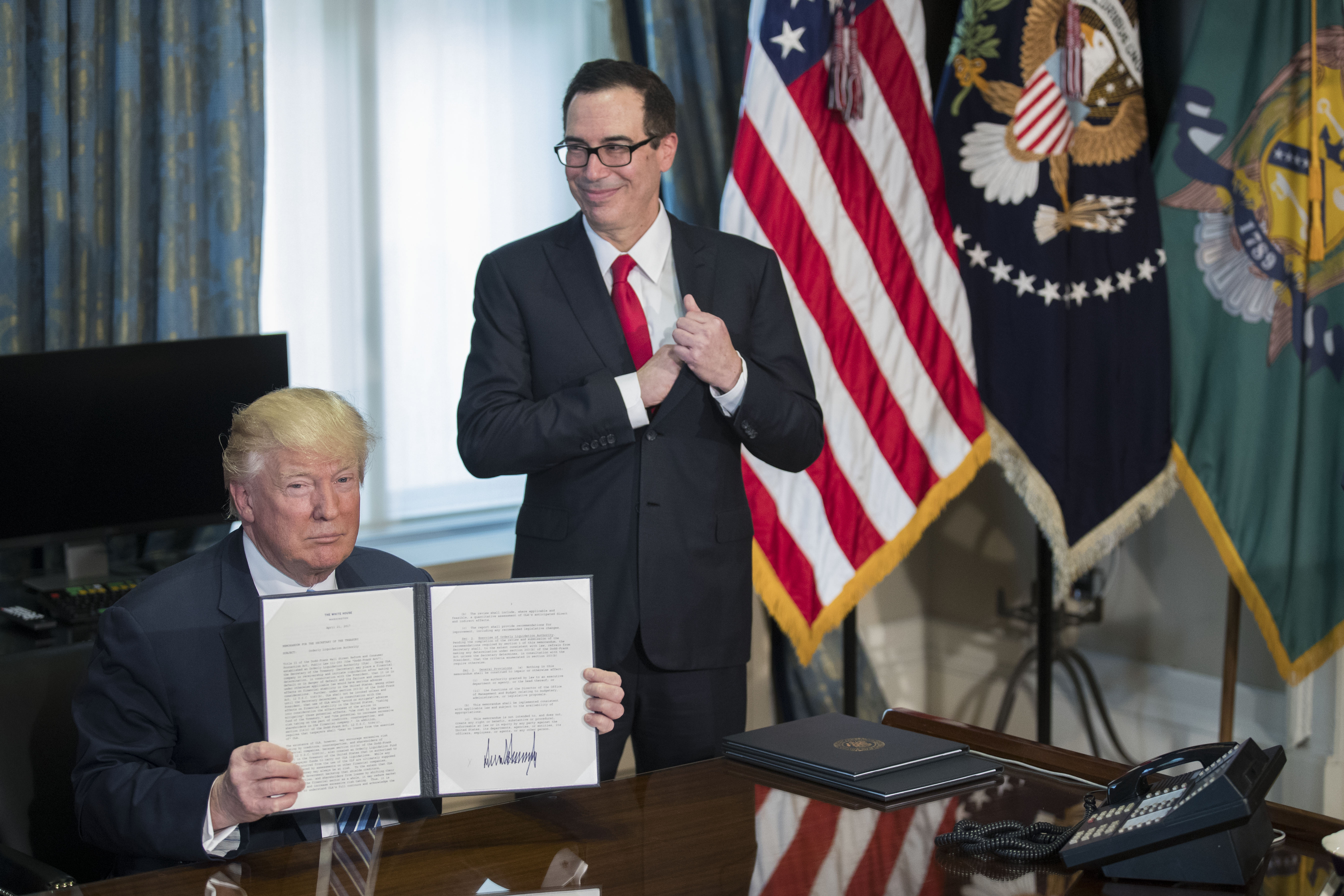
Dec 12, 2017
The U.S. Congress appears poised to pass major tax reform legislation before the end of 2017. There will be international spillover from these proposed changes.
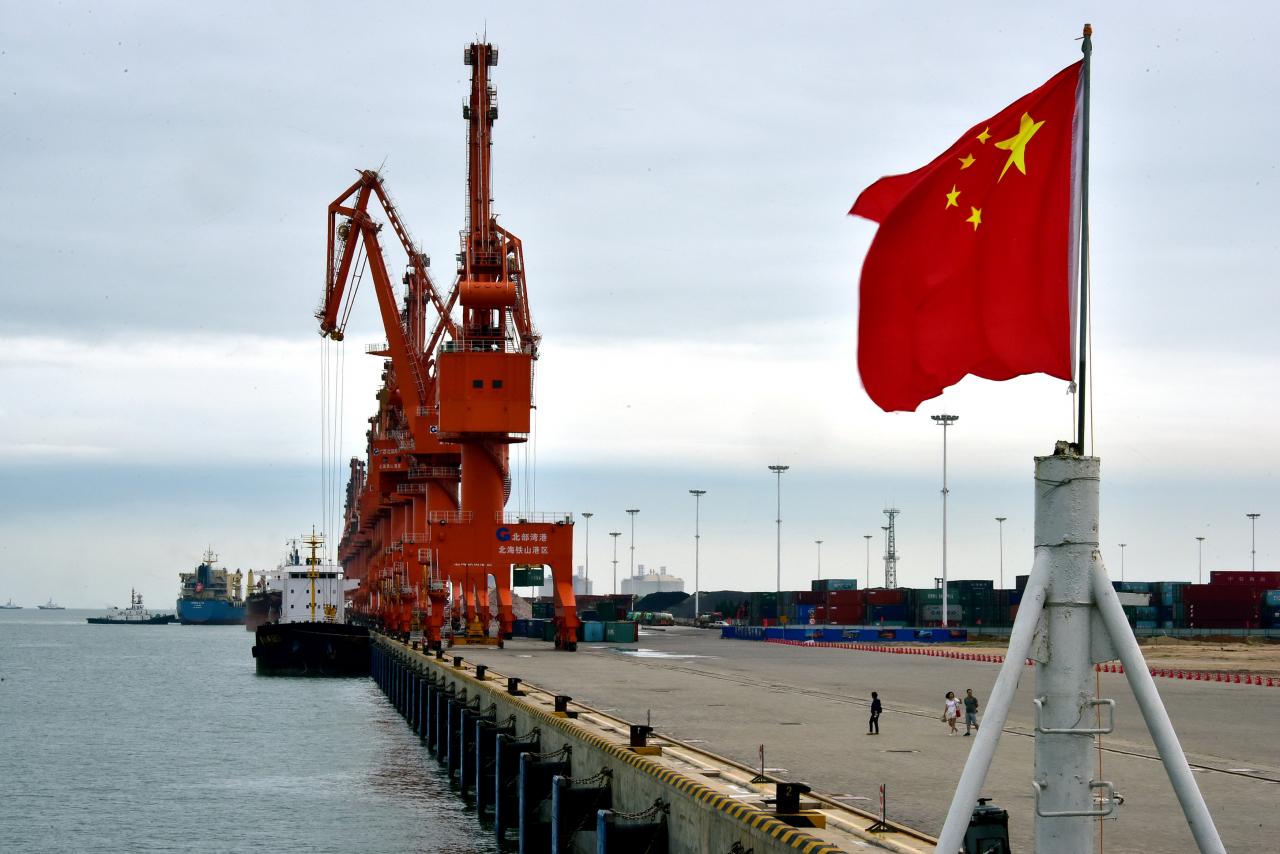
Nov 28, 2017
At the 19th Communist Party Congress, President Xi signaled a move away from the longstanding tradition of setting annual GDP growth targets. This shift reflects a necessary recognition of China’s transition away from the ultra-rapid growth rates of the previous three decades. However, this policy change may also signal a desire to minimize perverse incentives for local party officials to distort economic data and pursue otherwise-useless development projects to boost growth figures.
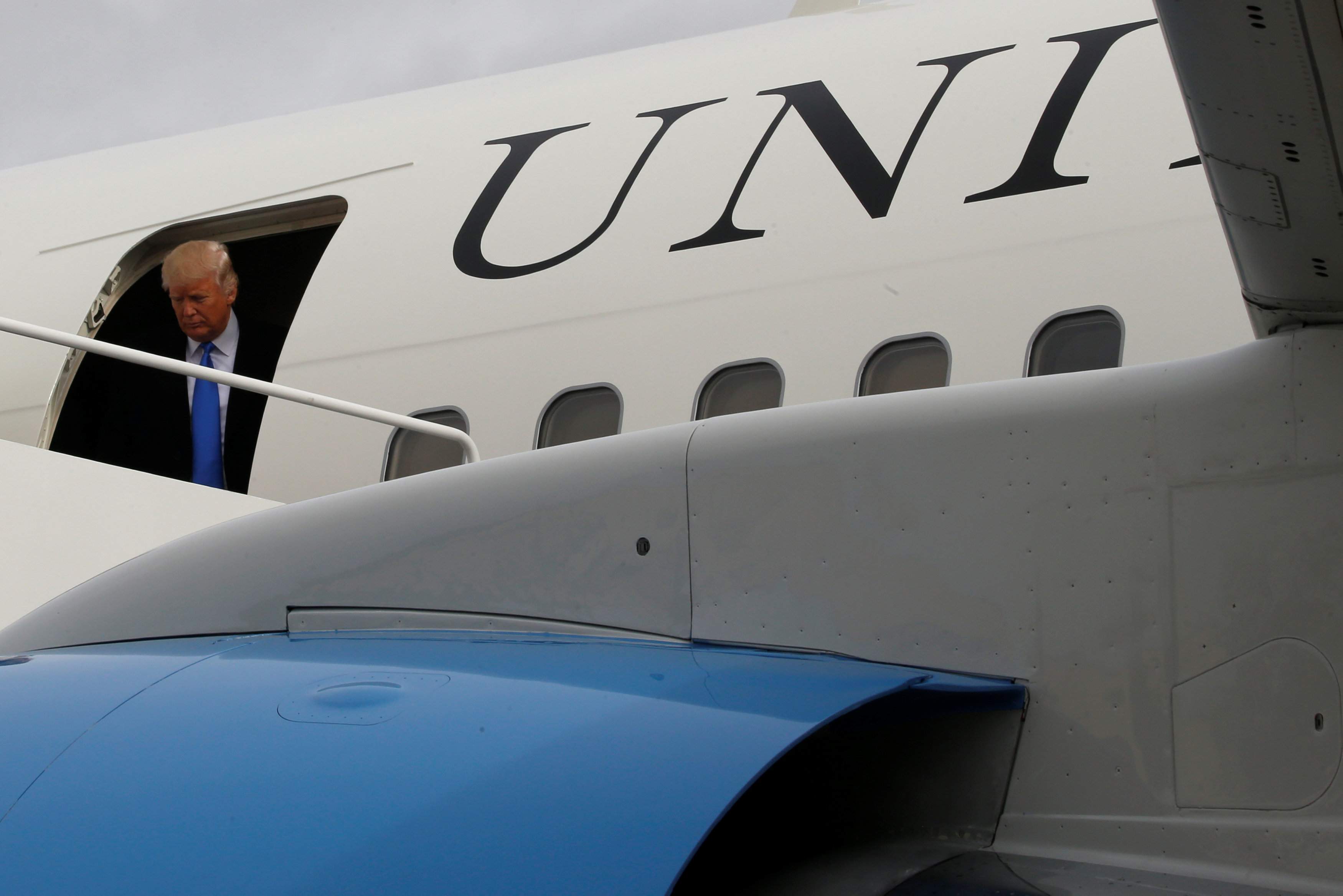
Oct 17, 2017
U.S. President Donald Trump is set to visit China this November as part of a tour of Asia, including the U.S.-ASEAN summit. In spite of Trump’s bellicose anti-China rhetoric on the campaign trail, U.S.-China relations thus far have been remarkably placid. Dealing with China seems to have taken a backseat to the management (or mismanagement) of domestic crises and international disputes with less powerful countries like Iran and North Korea.
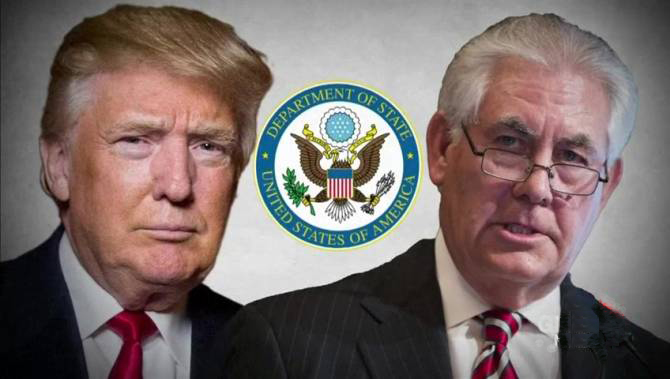
Feb 07, 2017
Trump’s nomination of Rex Tillerson has been criticized due to Tillerson’s amateurish understanding of U.S.-China relations, but other changes by the Trump administration present the major benefits and risks for China. While the administration’s closer ties with Russia and incentives to distract from domestic failure may pose a threat to China, the Chinese government has the opportunity to present itself as the more stable guardian of regional security.
Jun 30, 2016
Many of the new climate change-related developments within the Strategic and Economic Dialogue emerged from a summit that brought U.S. and Chinese policymakers and private sector leaders together to establish cooperative relationships. Benjamin Reynolds describes some of the interesting and practical agreements on energy and climate change between private and public sectors, but also reminds us that previous climate accords have always struggled to enforce climate targets that are often conveniently forgotten after big summits.
May 27, 2016
In a recent editorial, the New York Times accuses China of “playing chicken” in the South China Sea, which as Benjamin Reynolds argues, dramatically inflates the threat that China poses to the region and the United States. The critique is not militarism, threatening behavior, or the revision of international norms as such. Rather, the narrative outlined by the Times is the standard hawkish U.S. narrative about China and the South China Sea, which have preceded invasions in Vietnam, Iraq, and bombing in Libya, too.
Mar 31, 2016
The manufacturing jobs that the U.S. lost in the preceding decades did not move on to China – they no longer exist. There is no way to bring back these jobs as machines can do them better, and cheaper, than any American worker. The solution to our present dilemma certainly isn’t a manufacturing revival, but it may be a 20-hour workweek.
Mar 16, 2016
Five Year Plan contains an important proposal that has largely been overlooked: the ‘professionalization and modernization’ of agriculture. The history of agricultural development in countries like the United States suggests the destabilizing consequences in the Chinese countryside.
